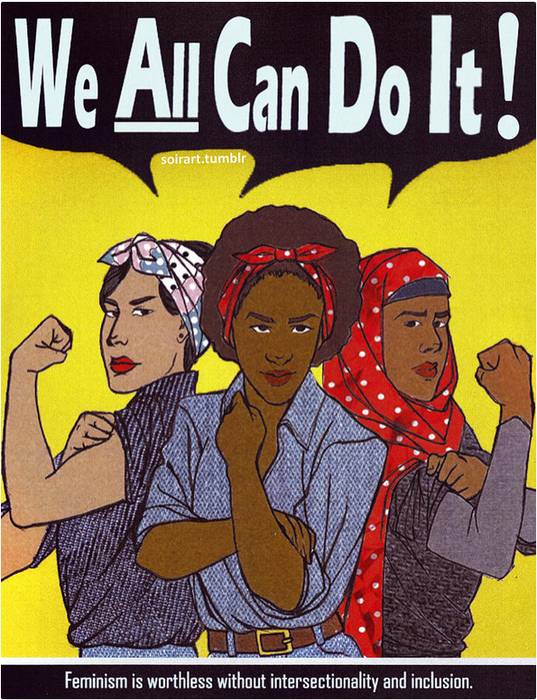I remember the first day I met Ana. She was moving into the house across the street, the same day I was finally moving into my own new house. The whole neighborhood was new. The builder had scheduled move-in day for everyone along two blocks, all at once. We came in a caravan, strangers with matching U-Haul trucks, men in loose tee-shirts, women with tight ponytails and running shoes that meant business. We all smiled at each other. Waved. We watched each other take pictures of kids on new front porches, kids we forced to put arms around each other, grinning only because that meant the pictures would be over sooner, wanting to get into their new bedrooms so they could claim the spaces as their own.
Ana was not the only brown-skinned person on the block. Soon I would meet Toni and Ernesto, Abuela, and Ernestito. We would form a group, Ana, Toni and I, we would begin walking 3.7 miles every morning before our kids got up for school. We would play Continental (pronounced Con-teen-in-TALL) and drink tequila or beer with our husbands around one of the giant tables we’d all installed in our formal dining rooms, while our collective children were in pajamas watching movies. I would learn the Spanish I hadn’t learned in school. “What’s a cabron?” (Cah-BROAN) I asked. Giggles. “Nothing. Just a mean name.” Someone would win Continental, and someone else would call, “Cabron!” or “Cabrona!” and throw the cards at the winner and immediately begin to deal again, insulting and smiling at the same time. It was an affectionate curse.
It was in Ana’s kitchen that I learned to make the best rice I have ever eaten. The secret is to put some oil in the pan and brown the uncooked grains, and then to add seasonings, onion, tomato, broth, and to simmer slow and low, covered, until the lid comes off and the forks come out. We made endless pans of enchiladas, and I learned to set up an assembly station and endure the singed fingertips that are inevitable when the tortillas move from hot oil to sauce and get rolled around fresh and steaming shredded meat before being placed carefully in a pan next to their just-rolled friends.
Ana was a mama bear. When someone drove too fast down our street – the street where our littles played – she was enraged, and was known on more than one occasion to throw rocks at the backs of the cars or trucks while screaming, “There are KIDS on this street! Slow DOWN, you a$$hole!” Ana was five feet tall and weighed approximately 100 pounds. Still, she chucked rocks at cars with the best of them.
She was always smiling, laughing, loving the people in her life. She was always working, hard. Her house was spotless. Her food delicious. Her laundry, fresh and carefully folded. Her eyebrows, waxed. Her hair, curled. Her face, delighted. I’m not sure when she slept as her husband worked and she tirelessly achieved veritable perfection in her home, kids, and domestic pursuits. Ana had no college education. She had fled El Salvador as a child, without her mother, in order to escape the dangers of violence that ravaged her country. She didn’t like to talk about it. She did not want to dwell, but instead, made sure her own daughters – and then, later, a son – knew their mother would assault passing pickup trucks to keep them safe.
As the world becomes smaller and smaller, as business leaders and world leaders engage in cross-cultural dealings and we find ourselves more and more reaching not just across the aisle, but across oceans, it becomes important – even more important – to understand that despite differences, we are one people. We are excited about new opportunities, and new houses. We want great photos and memories of and for our families. We love to play, and to make friends, and to eat good food. We protect our own. If we can, we focus on the positive – not forgetting the realities that are sometimes anything but positive, but instead, choosing for ourselves and for our families the things that are good. We call a true friend a dirty goat in Spanish, but we can’t help smiling a genuinely affectionate smile as we do it.
Ana opened a tiny part of her world to me, the part she carries in her heart. I have never been to El Salvador. But I have known Ana, and through her, I have come to love a place that I have never been, because look at the beautiful person it gave me. El Salvador, Ana – this is part of how I know the world remains small . . . and good. So good.








